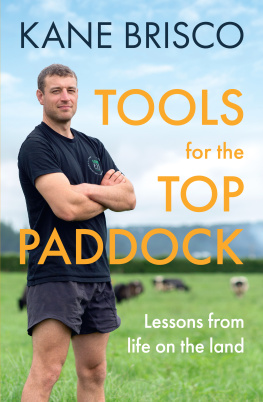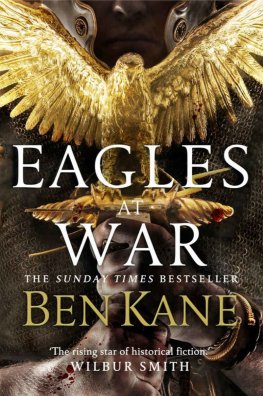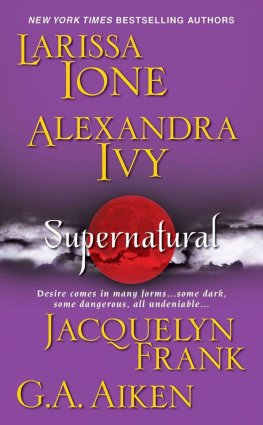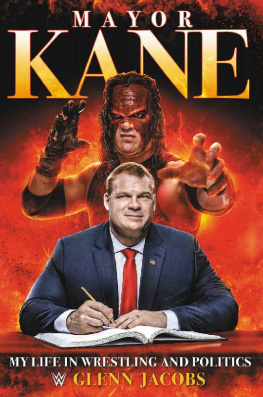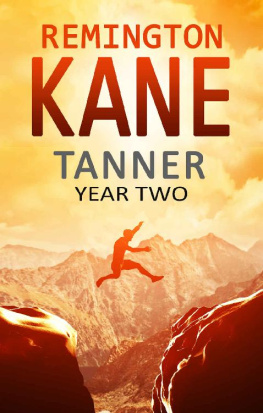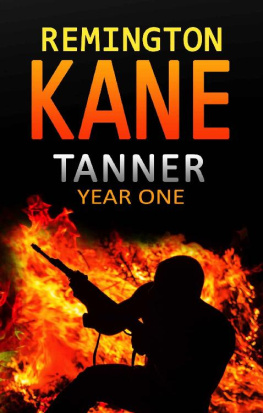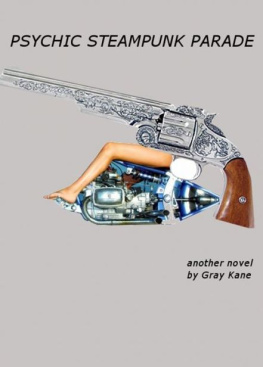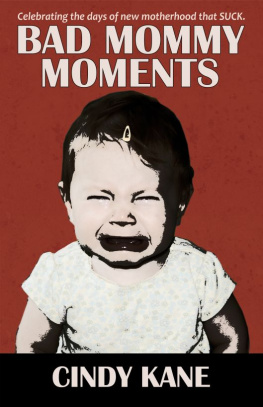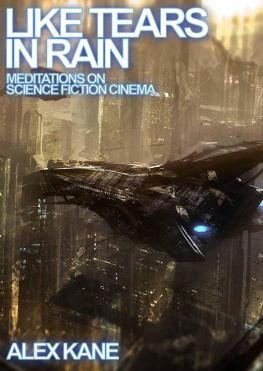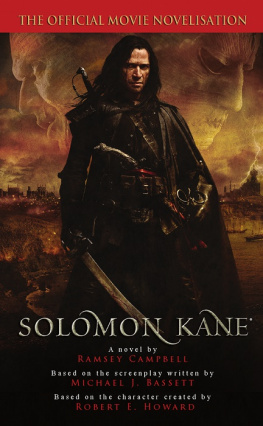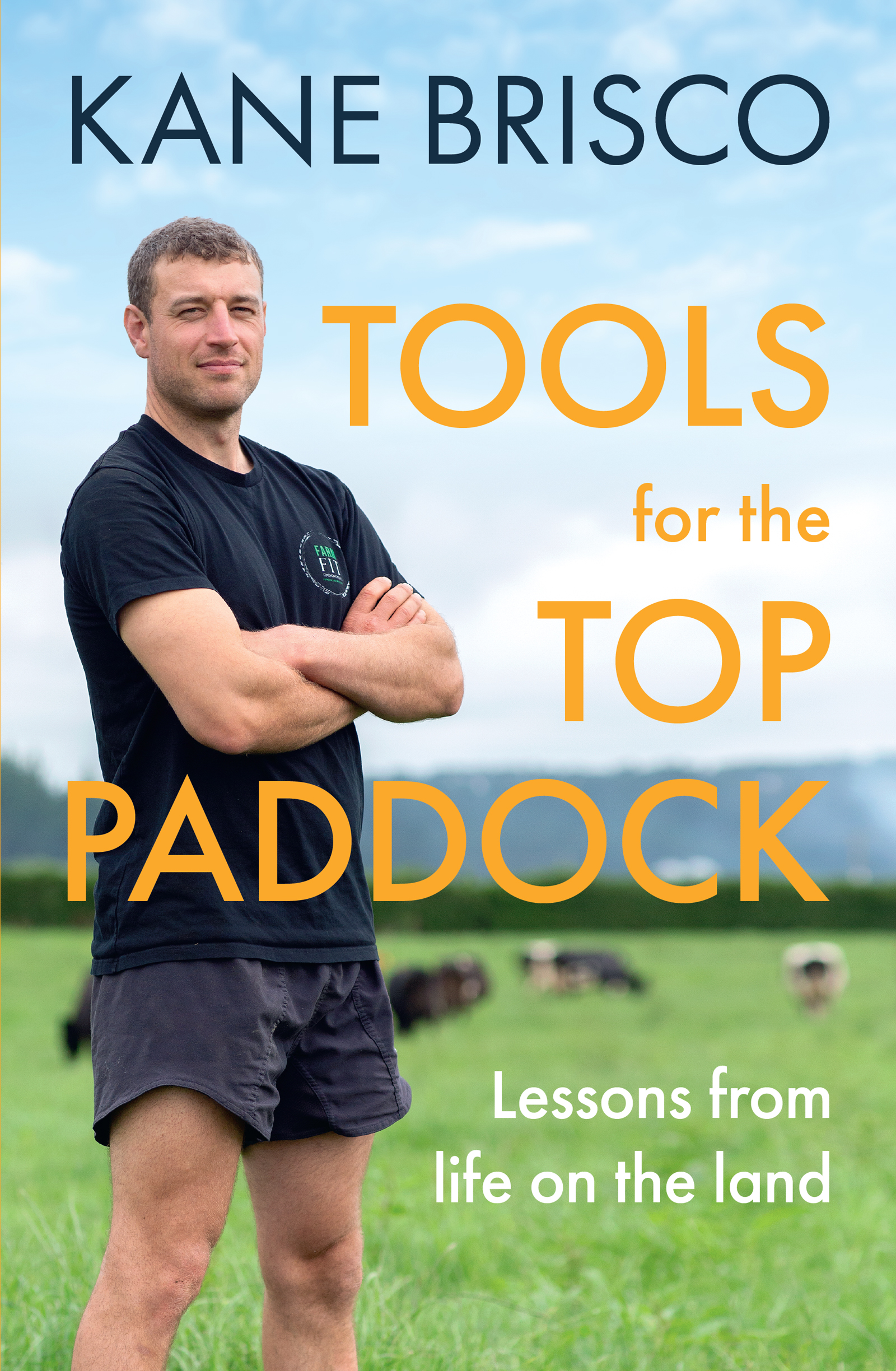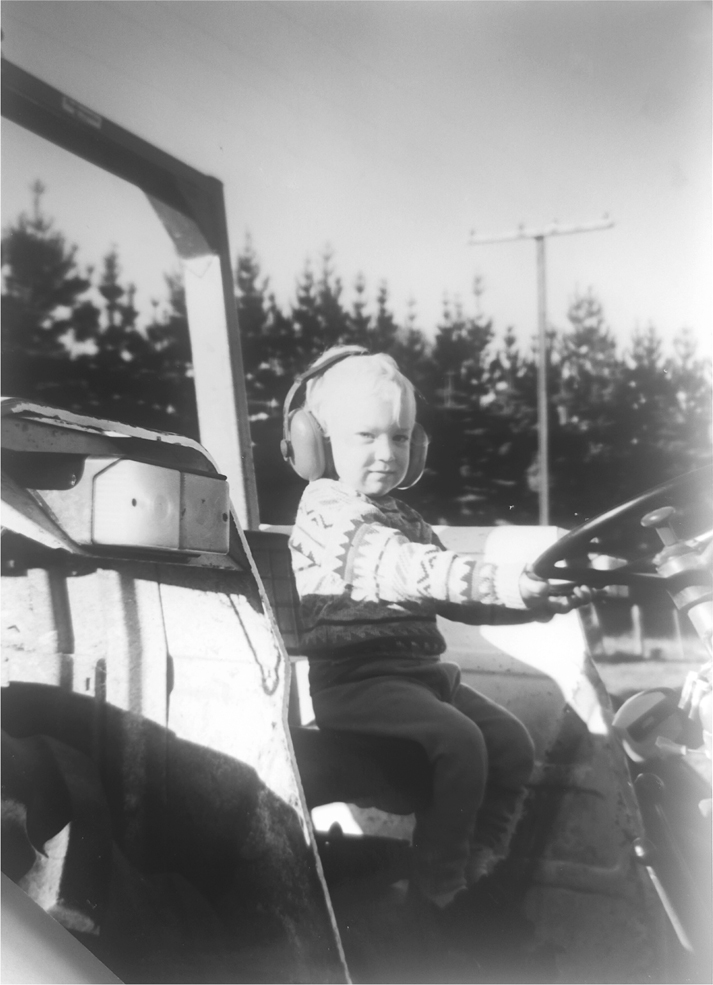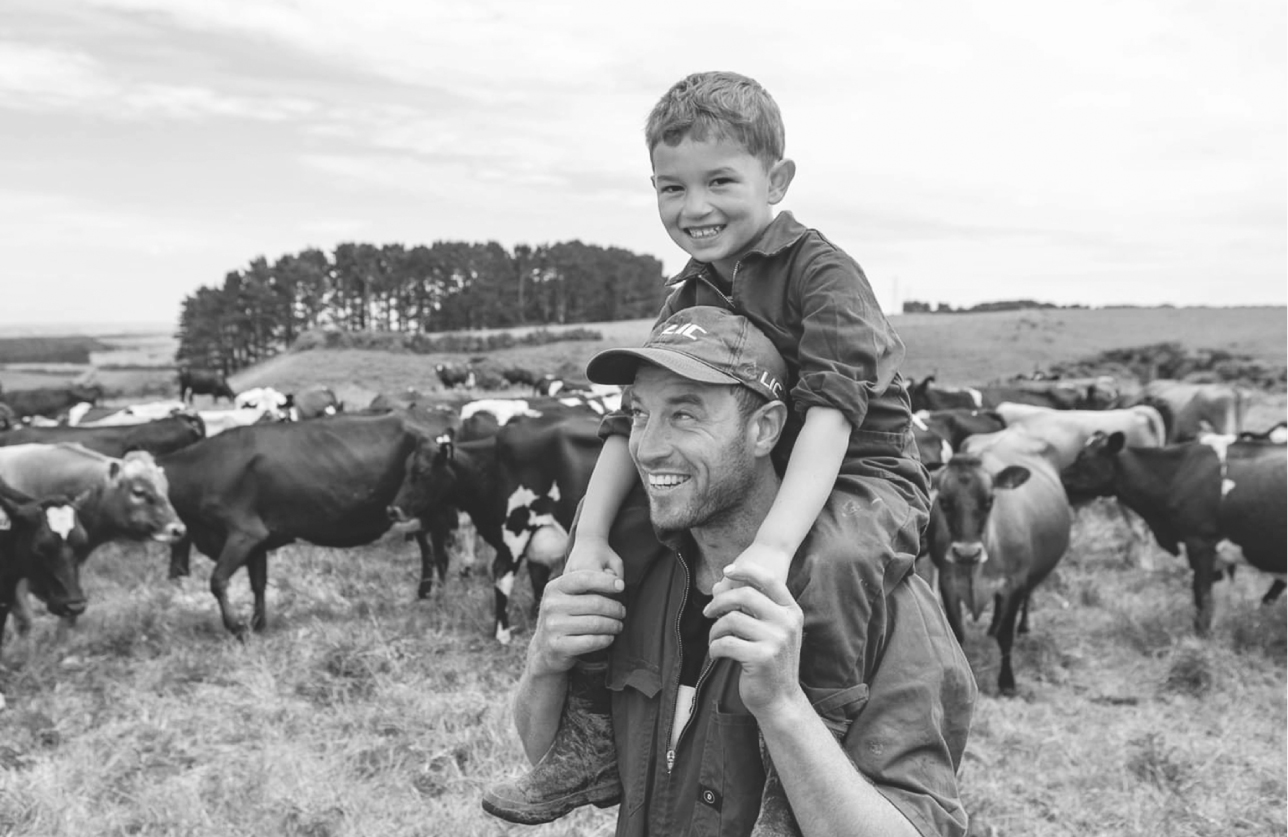
Me and my right-hand-man, Parker, checking the cows.
Contents
FIVE YEARS AGO, if Id seen myself holding up my phone and talking into it, Id have given myself a punch in the guts and reminded myself that such stuff was for the show-offs up in town. Thats not what a Kiwi farmer does, and I was that farmer: a typical, stoic, hide-your-emotions stereotype who didnt like being photographed or even noticed. Now Ive got social media accounts with over 13,000 followers, where I talk openly about mental and physical fitness.
The Instagram account emerged out of FarmFit, a bootcamp-style functional fitness programme run for the local community from my Taranaki farm.
And FarmFit had its genesis in a very dark place. A year earlier, life was bleak for me. A tough few years on the farm, with droughts and record low prices for the milk we produced, left me in a deep financial hole, compounded to leave me questioning whether I still wanted to be a farmer, and whether, indeed, I was any good at farming. Digging myself out of that low was the catalyst for a huge change in my mindset.
I was one of those people who would go on to Facebook not to share something of my life, but to get stuck into an argument with some stranger I disagreed with. I dont know why I did it perhaps to distract myself from the real issues in life I wasnt yet ready to deal with.
But I soon realised that nobody wins from arguing online its bloody stupid, and I had to remind myself Id been brought up to understand that if you cant say it to someones face, its best not to say it at all.
My other realisation was that most of the people on social media were complaining about life, almost waiting for someone to come and help them, and to fix their problems for them. Mental health had become a hot topic especially in the rural sector, where there had been a spate of suicides and a lot of people were blaming the government for not funding enough services. As an aside, I believe thats true: theres an ambulance waiting at the bottom of the cliff but nothing to provide a safety net for those at the top of the cliff. I also believe its up to you to start building your own safety net to stop yourself falling off that cliff, to start taking some personal responsibility. I constructed my net through a journey of discovery, learning about myself and from the wins and losses of life. I wanted to get that message out there that the ultimate responsibility for our mental health lies with us, and we shouldnt wait for someone else to do it for us.
FarmFit was another way to continue challenging myself, mentally and physically. My approach has always been to stretch myself and attempt things that make me feel uncomfortable. Id always hated being on camera and you wont find many photographs of me. It took me outside my comfort zone. I realised that not only to be successful and to farm into a changing future, but also to be successful in life we need to adapt, understand and grow. Growth needs an open mind. Thats how you give yourself a lot more options and opportunities in all aspects of life. A closed mindset will never open any doors.
My videos are real. They are honest and they are direct. They also contain a fair bit of swearing. Ive only got one approach. I say what I think, and deal with the consequences afterwards and, while that has caused me some issues, I wouldnt change it, because we could all do with some brutal honesty from time to time. I particularly wanted to challenge the archetype of the stoic Kiwi rural male, and the drawbacks attached to that failure to show your emotions.
My messages have never been about what I have been through personally, more about the lessons that I have learned along the way. I never wanted sympathy or empathy. Most of the stories in this book Ive never shared before, but the ups and downs Ive traversed do explain what I have learned.
Every chapter in my life has provided me with a major lesson, and along the journey Ive also picked up some tips, quotes and mindsets that have helped me just as much.
Hopefully Ive been just as honest as I am online.
Actually, the tipping point in my decision to write this book was when I told my two brothers about the idea. They both laughed at me and said, No, I wouldnt buy it. And I said, Well, Im definitely doing it then. They provided me with plenty of motivation to write this book. I also hope they are wrong, and that anyone farmer or not can find something in it that will make them think, challenge their mindset, and help them with whatever troubles they might face.
Kane Brisco, January 2022

As a fresh-faced 19-year-old stockman, with my first dog, King.
I COULD MILK A COW by the time I turned five. When Uncle Ians alarm went off at 4am, I would be up, dressed in my overalls, and ready to go to work on the farm. For as long as I could remember, I wanted to be a farmer. The only problem was, I didnt live on a farm I was only a visitor.
Instead, I was born in Waitara, a small freezing works and petrochemical town with a bit of a reputation close to New Plymouth, in Taranaki, on the west coast of New Zealands North Island. My dad, Ian, was a mechanic and my mother, Glenys, raised her three sons, but always worked part- or fulltime in all sorts of jobs from cleaning to catering. They were very hardworking, honest and selfless, and I think its testament to them that despite my two brothers and I travelling some rocky roads and having our troubles I think weve turned into good humans who retain the values they instilled in us.
But being a townie by birth didnt stop me being a farmer in spirit. I can blame that on my uncle, Ian McCaul, who had the family dairy farm, Kowhai Ayrshire Stud, not far from Waitara, which he had taken over at the age of 16 when his father died.
I have two much older brothers half-brothers, technically, as their father had passed away many years earlier. Nathan is 11 years older than me, and Miah nine, and I spent a lot of my early life trying to keep up with them.
The three of us would be shipped out to Uncle Ians farm on weekends and holidays, and thats where we all fell in love with farming. Once that early morning alarm went off, I would be his shadow for the day, whether he liked it or not. My brothers had been just the same before me, and Nathan and Miah would both go on to become dairy farmers. They also each left home when they were 16, so I had much of my childhood as an only child.

